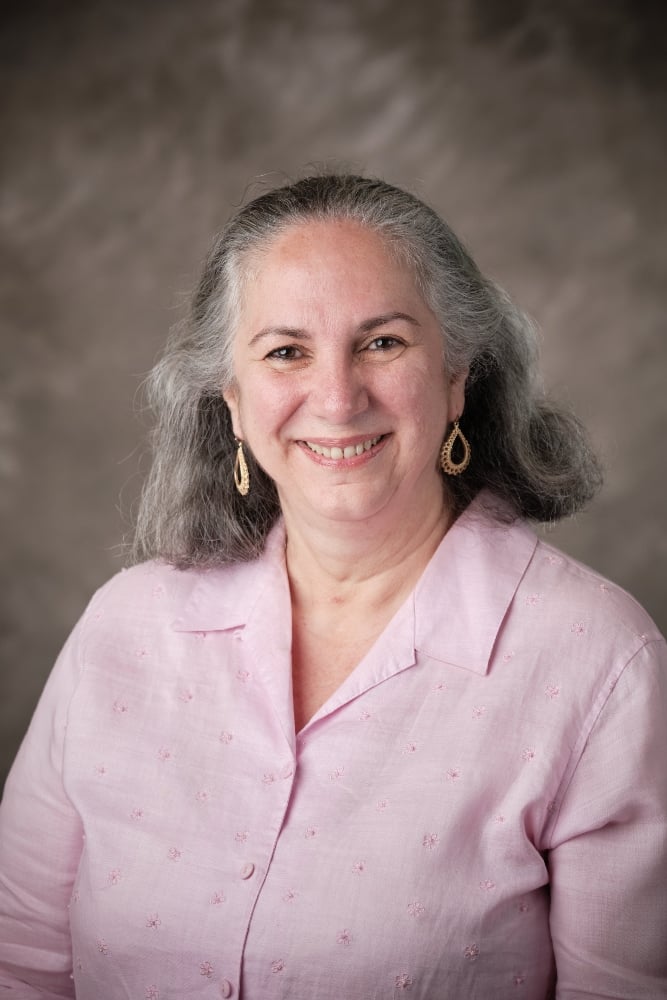 I’ve been reading this book, Literature: What Every Catholic Should Know by Joseph Pearce, for three months. I know that sounds like a terrible endorsement, but you see, I’d read a chapter and then immediately go to the books discussed in the chapter and reread those selections!
Full disclosure: I was an English major — and a literature professor. A few years ago I retired from teaching composition and literature at a technical college. I’ve missed discussions of esoteric themes and deep thoughts. Mostly, I think I’ve just wanted to read good books and just enjoy them. No assignments. No grading. Just reading.
I’ve been reading this book, Literature: What Every Catholic Should Know by Joseph Pearce, for three months. I know that sounds like a terrible endorsement, but you see, I’d read a chapter and then immediately go to the books discussed in the chapter and reread those selections!
Full disclosure: I was an English major — and a literature professor. A few years ago I retired from teaching composition and literature at a technical college. I’ve missed discussions of esoteric themes and deep thoughts. Mostly, I think I’ve just wanted to read good books and just enjoy them. No assignments. No grading. Just reading.

In the great works of literature we discover a deep understanding of man’s being and purpose. We discover that the human person is homo viator, a pilgrim or wayfarer who journeys through mortal life with eternal life always in mind. Literature 1I think this view of literature was an implicit part of my teaching, but it has been a refreshing source of insight to approach these familiar texts with this philosophy explored explicitly. Alliteration aside, it’s been a nerdy delight. Literature has been like taking a reading retreat, and refocusing my Catholic sensibilities in the great literature referenced in the sections. I even pulled out a complementary text given to me by a dear friend, and reread Poems Every Catholic Should Know compiled by Joseph Pearce. Yep. The very same.
If we wish to have minds open to the presence of God we need to take time and not waste it. We need to take time in the silence of prayer or the silence of poetry. We need more time with trees and less time with trash and trivia. Poems xxiThat’s how I spent my summer. Immersed in good books and excellent reflections on them. I didn’t know how much I needed to reconnect with these stories and poems until I started, and then I couldn’t stop.
Visit our Book Notes archive.
Copyright 2019 Maria Morera Johnson
About the Author

Maria Morera Johnson
Maria Morera Johnson, author of My Badass Book of Saints, Super Girls and Halo, and Our Lady of Charity: How a Cuban Devotion to Mary Helped Me Grow in Faith and Love writes about all the things that she loves. A cradle Catholic, she struggles with living in the world but not being of it, and blogs about those successes and failures, too.


.png?width=1806&height=731&name=CatholicMom_hcfm_logo1_pos_871c_2728c%20(002).png)
Comments